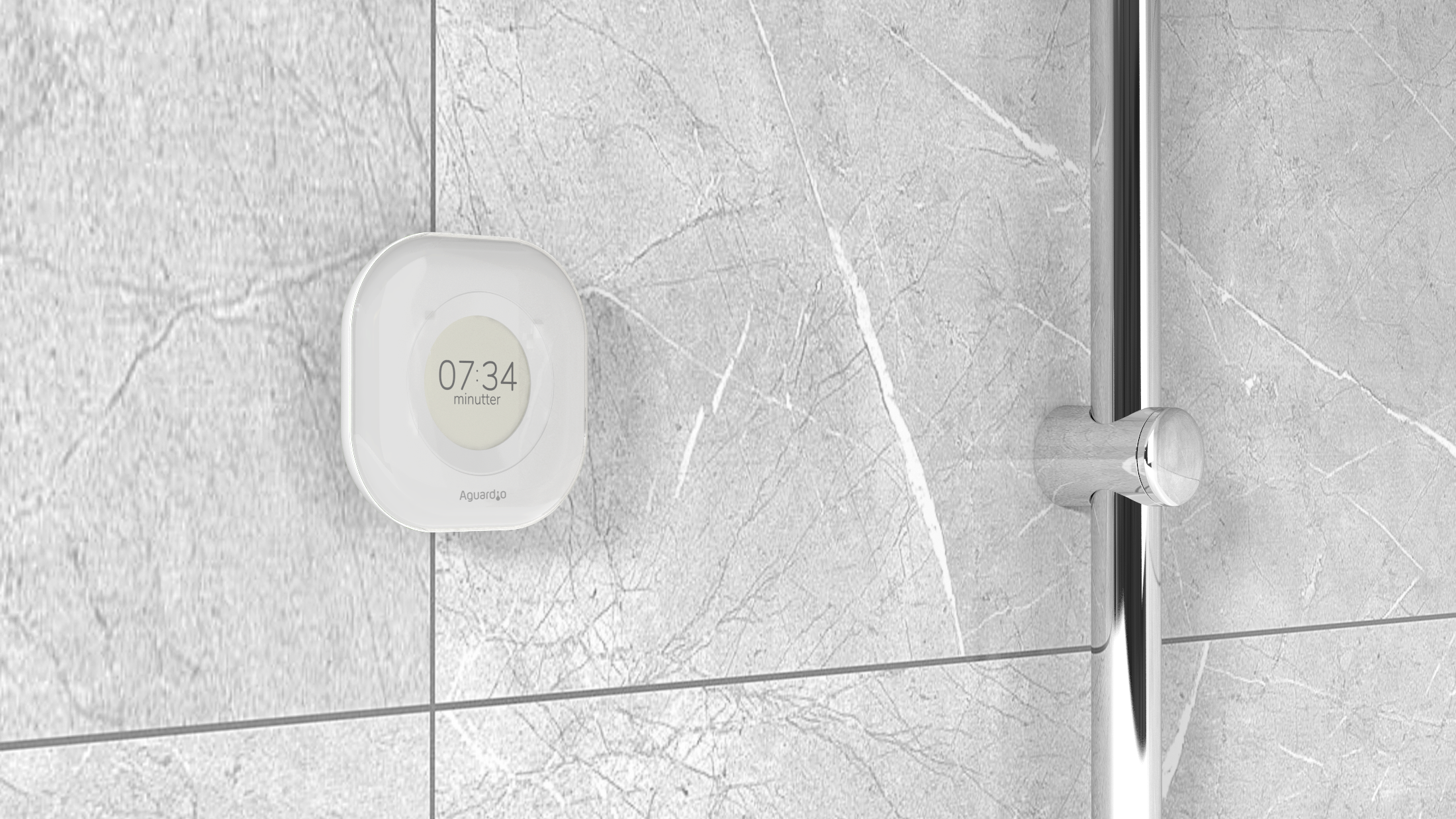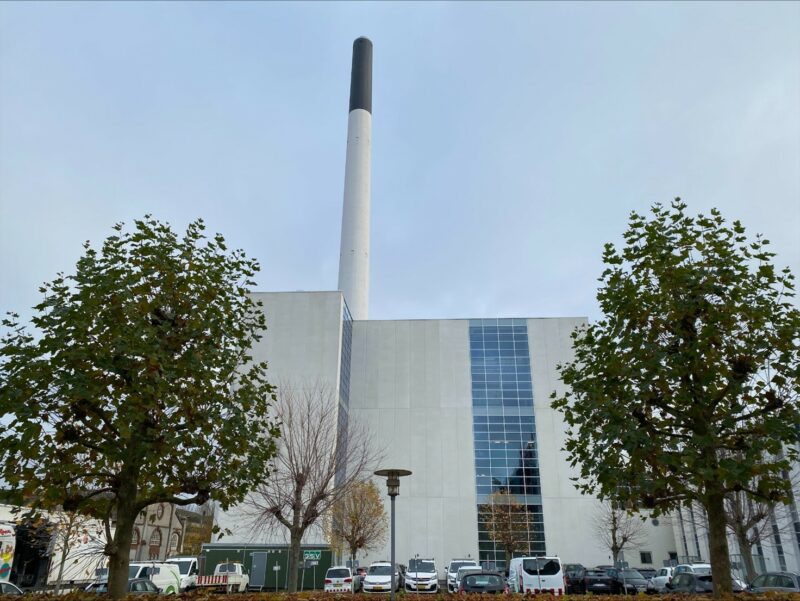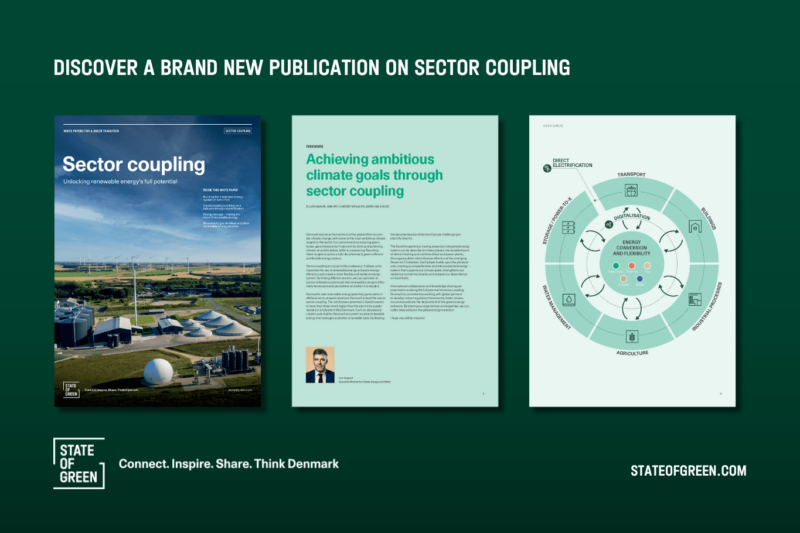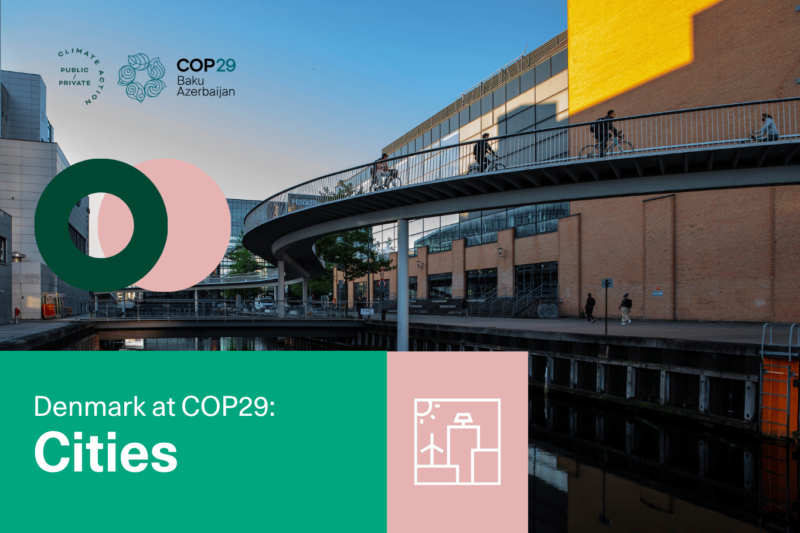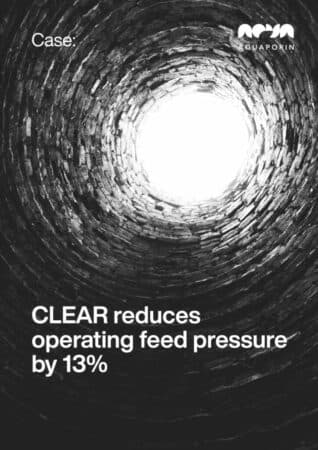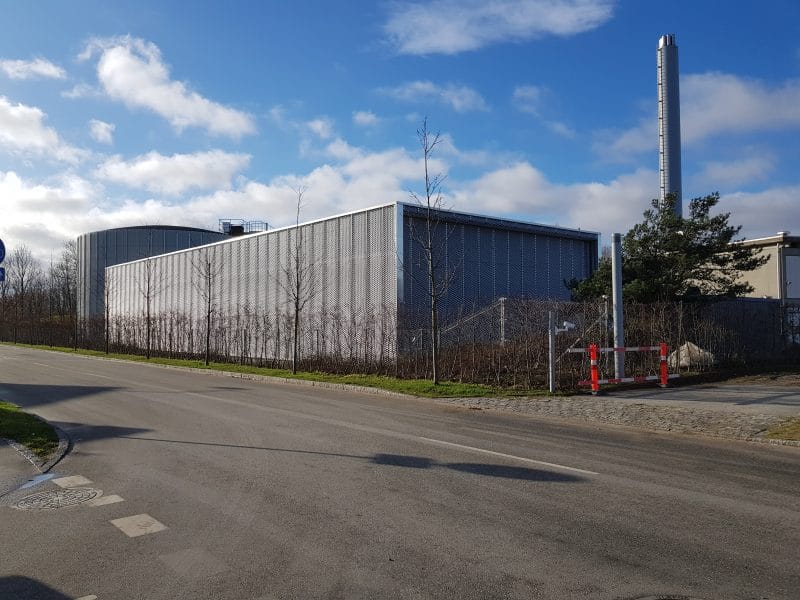A small Aguardio Sensor and Display have been installed in the shower cabins in Danish hotels. The display shows the hotel guest how much time she spends in the shower. The purpose is to nudge the guest to save water while showering and thus protect the environment. And the hotel guests like this sort of sustainable initiatives.
This is one of the findings of a qualitative user study carried out by the Alexandra Institute at two Danish hotels: Hotel Sixtus and Danhostel. At both hotels, the rooms have been fitted with sensors and displays developed by the Danish start-up Aguardio ApS.
One of the key focus areas of the study was to find out if people take longer showers at the hotel than at home. The assumption was that they take longer and more luxurious showers at the hotel because they have more time there than at home. However, our study shows that this is not necessarily the case. The guests support the initiative when they are presented with the hotel’s narrative on saving water and becoming more sustainable.
To Jens Worsøe and his wife, who manage Danhostel in Kalundborg, it has been a natural step forward to have the solution installed in their 29 rooms. From day one, they have strived to be as environmentally friendly as possible, so an initiative of this nature is in line with the hostel’s DNA. The hostel already boasts The Organic Cuisine Label and the Green Key.
“We have had an idea about how much water our guests use during their stay, but basically we didn’t know where the consumption came from. Was it because people forgot to turn off the tap while they were brushing their teeth, or because they were showering? Now we have a tool that enables us to collect data about our guests’ shower behaviour, which is also in line with our sustainable goals,” he explains.
Technology does not work alone
The sustainable narrative is extremely important, says Marie Rørdam Fenger, Senior Digital Innovation Specialist at the Alexandra Institute. She is part of the team that conducted the qualitative study which consisted of observations and interviews with guests and staff at the two hotels.
One of the key findings is that technology does not work alone. You cannot simply put up a sensor and expect people to understand that it helps them save water. Sometimes the guests were unsure if the box in the shower cabin was a humidity sensor, a scent diffuser, a surveillance camera, or something totally different.
But as soon as the guests were told that the technology contributes to the hotel’s sustainable goals, they completely understood. Therefore, hotels should not be afraid to communicate that narrative to their guests.
“Our study reveals that the hotels are worried that their guests will find the solution intrusive or that it has been installed for reasons of economy. In reality, this is not the case if they are told that the solution is meant to support the hotels’ core values. If the hotels ‘walk the talk’, they should not be afraid to communicate that they are sustainable because the guests are generally very positive”, explains Marie Rørdam Fenger.
It is also important to engage the staff and use them as ambassadors to get the sustainable message across to the guests: that the technology is there to help the hotel meet its sustainable goals.
”That is not the only reason though. The employees are actually proud when their employer makes sustainable choices. It is satisfying to work for a company that makes an active choice to reduce its impact on the environment, and that attitude also plants a seed with the guests,” she explains.
Context also plays a very important role. It matters, for example, how the bathroom is designed. If there is no room for all the products the guests bring along, they take shorter showers. Water pressure and how easily it can be adjusted is also important. But there are other means to nudge the guests:
”As an experiment, the hotel put water bottles tagged ‘Stop water while using me’ in the bathrooms. This analogue message turned out to have a strong impact on the guests,” explains Marie Rørdam Fenger.
Essential feedback
According to Thomas Munch-Laursen, CEO and co-founder of Aguardio, the study backs up the assumption that hotel guests embrace sustainable initiatives.
”We have received very positive feedback, which has given us an idea about how guests perceive our solution. Do they accept and act on it? Or are they indifferent? Luckily, it turned out to be the first. This also supports our thesis that our product is relevant for hotels that already engage in sustainable practices. An essential takeaway is that technology cannot stand alone,” explains Thomas Munch-Laursen.
Aguardio is constantly strengthening the narrative around their solution. An important part of the narrative is that the solution is an extension of the ‘towel principle’ where hotels encourage guests to reuse their towels.
“Some people object to the concept because they don't want to be ‘under surveillance’. This is not our agenda at all. The data we collect is anonymous and will be used to improve guest experience and hotel operations. Whether you are in the shower for 18 minutes or 8 minutes is not interesting. We want to know if the guest changes behaviour when he or she is made aware of the purpose,” he explains.
Behaviour dimension is essential
According to Thomas Munch-Laursen, the study has helped us verify how the users perceive Aguardio’s product.
“As an engineer, you often believe technology is amazing. But do your customers understand the product? We soon realized that if we were to succeed with our solution, it is important to understand how the users interact with it. Identifying and incorporating soft values is essential for product development and should never be underestimated. I think many other products would benefit from that approach too,” he says.
